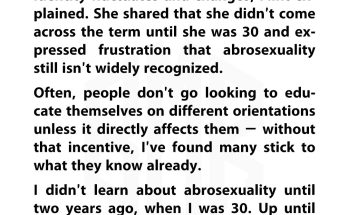I married my husband three years ago, and with him came his teenage daughter, Lily. At first, I tried to bond with her—movie nights, shopping trips, even helping with school projects. But she always kept her distance, treating me more like a stranger than a stepmom. I chalked it up to teenage angst and gave her space, hoping time would soften the edges. But as she got older, her attitude hardened. She refused to help around the house, ignored my attempts at connection, and acted like she lived in a hotel. I felt invisible in my own home.
Things came to a head when I asked Lily to babysit her half-brother for just two hours while I ran errands. She flat-out refused, saying she wasn’t “free labor.” I was stunned. This wasn’t a daily chore—it was a one-time favor for family. My husband was away, and I had no one else to turn to. Her refusal felt like a slap in the face, not just to me but to the idea of family itself. I tried reasoning with her, but she rolled her eyes and walked away. That moment broke something in me.
I’d spent years trying to build a bridge, only to watch her burn it down. I told her she needed to leave. Not forever—but until she could respect the household and contribute like everyone else. She screamed, called me names, and packed a bag. My husband was furious when he found out, accusing me of being cruel. But I stood my ground. I wasn’t punishing her—I was setting boundaries. If she wanted to be treated like an adult, she had to act like one. Respect isn’t automatic; it’s earned.
The fallout was brutal. My husband and I argued for days. He said I should’ve handled it differently, that Lily was just a kid. But I reminded him that she’s nearly grown, and her behavior had consequences. I wasn’t asking for perfection—just basic decency. Eventually, he agreed to talk to her. She stayed with her aunt for a week, and during that time, I reflected on everything. Had I failed as a stepmom? Or had I simply reached my limit? Either way, I knew things couldn’t go back to how they were.
When Lily returned, she was quieter. She didn’t apologize, but she did start helping out—doing dishes, watching her brother occasionally, even joining us for dinner. It wasn’t a miracle turnaround, but it was something. I didn’t expect love overnight, but I hoped for mutual respect. Slowly, the tension eased. My husband thanked me for holding firm, admitting he’d been too afraid to confront her. We began rebuilding—not just our family dynamic, but our trust in each other. It was messy, but it was real.
Looking back, I don’t regret asking Lily to leave. Sometimes, the hardest decisions are the ones that protect your peace. I didn’t kick her out to punish her—I did it to wake her up. And maybe, just maybe, it worked. Families aren’t built on blood alone—they’re built on effort, empathy, and accountability. I still hope Lily and I can grow closer. But for now, I’m grateful we’re at least moving forward. One boundary at a time.

